The enemy of a forex trader is actually not scams, loss, nor MC. From my experience, the main enemy of a forex trader is yourself, especially if you haven't been able to defeat your fear and greed.
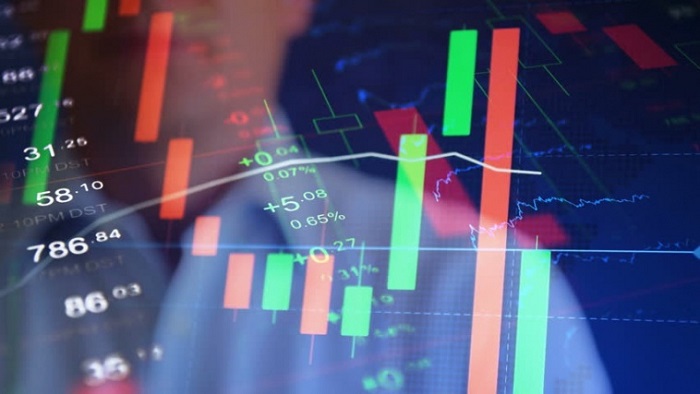
As a beginner, it is not extraordinary to lose a lot of what we invest in Loss and Margin Call (MC). However, the enemies of forex traders are actually not those scams. Neither is Loss or MC. From my experience, I can tell you that the main enemies of a forex trader are their fear and greed.
Fear and Greed in Forex Trading
Fear makes us act oh so carefully that we are often late for entry. Fear also pushes us to look for more and more information, and collect more and more indicators that in the end confuse us instead of helping us to decide.
Fear makes a trader think objectively. God has given it as a natural character of human; without it, the world will be disorganized, criminals won't be afraid of polices, and people will drive faster on the street.
A world without fear will be chaotic. But excessive fear will bring bad effects too, so it is needed in a reasonable portion. Let's break down what these terms mean and how they can impact trading decisions:
- Fear of Missing Out (FOMO)
This occurs when traders see a potentially profitable trade opportunity but hesitate or take action due to the fear of missing out on potential gains. As a result, they may enter trades hastily without conducting thorough analysis or risk assessment. - Fear of loss
This is the fear of experiencing financial losses in trading. It often leads traders to make impulsive decisions, such as prematurely closing winning trades or holding onto losing positions in the hope that the market will reverse, which can result in further losses. - Fear of uncertainty
The forex market is highly volatile, and uncertainty is a constant factor. Traders may fear the unpredictable nature of the market, leading to a lack of confidence in their trading strategies and an unwillingness to take calculated risks.
Then, what about greed?
Greed shows its head when we have an open position and see that the price moves in the direction we predicted. But we expect more than we've got, so even though the target has been achieved, we don't close our position.
We wish it keeps moving...but it doesn't. There's a proverb, No Party That Won't End. The price suddenly reverts back and our position turns into a loss.
Greed refers to an excessive desire for more profit or an insatiable appetite for gains in forex trading. It can lead to the following behaviors:
- Overtrading
Greed can tempt traders to excessively trade, seeking quick profits from multiple positions. This can lead to impulsive decisions, disregarding risk management practices, and increased exposure to potential losses. - Chasing high returns
When driven by greed, traders may pursue high-risk trading strategies or invest in volatile assets solely based on the expectation of substantial returns. This can result in poor decision-making, as proper analysis and risk assessment may be neglected. - Failure to take profits
Greed can prevent traders from closing winning positions at a reasonable profit. They may hold onto trades for longer than necessary, hoping for even greater gains, only to see the market reverse, resulting in missed opportunities and potential losses.
Fear and greed occur in our subconscious which sees the description we give and acts accordingly. That's the way our subconscious works. It catches the mental image we give and realizes those instructions.
Our subconscious doesn't care whether the description is positive or negative. It only follows our instructions and doesn't care whether it helps us or endangers us.
For example, in greed, traders will only focus on the information which justify their opinion and ignore contradictory factors.
Another instance deals with reverting prices. During floating, traders rushing to liquidate their position although their floating profit is only 5-10 pips.
As such, we have to be aware that the market will bring us profit if we are disciplined. So, don't get dragged by emotion and keep changing your strategy.
There are many trading systems out there; choose one that suits you and stick with it! Forex is a world without rule; no government, no police, no judge, no justice. If you are robbed, mistreated, humiliated, or even killed because of forex, nobody will help. So, make your own rules and obey them.
How to Fight the Main Enemies in Forex Trading
Discipline in trading is the only law. It is the one way you could conquer your emotions, including fear and greed.
Once upon a time, the Emperor asked Sun Tzu about discipline. Sun Tzu gave him example by training 180 palace women about discipline. Sun Tzu called two of the Emperor's mistress.
After giving instructions to those two to act as leaders, Sun Tzu commanded them to start making a row. Both of them were joking about it and the result was disorganized. Then Sun Tzu called commanded them again, but they were still joking and disregarded Sun Tzu. What happened next?
Executioner was called and ordered to hang them up. Sun Tzu chose two other persons from a row to replace them and again gave the same order. For every participants announced who didn't follow the leader's command will be hanged up.
After the line up finished, everyone obediently followed the order. Sun Tzu said to the Emperor, This is what is called discipline .
Discipline can be built if there is punishment. For children, a punishment for breach of discipline is cutting their pocket money. For employees, it is a warning letter or even layoffs.
Unfortunately, while we are trading there's no one who could encourage us to be disciplined, except ourselves. Realize that no matter how good your trading system is, without any discipline it'll be useless.
We are required to have self-discipline in trading because there are no other people who would take care of our trading but us. Use the loss you got as punishment in order to keep disciplined trading.
How to be disciplined? The easiest way is to set up some rules and make sure you stick to them no matter what. Here are some examples of it:
- Using only the H1 time frame.
- Putting Target Profit (TP) 10 for every position you take.
- Putting Stop Loss (SL) 50 pips in every open position.
- Using Pivot Point as an indicator.
- Using only 10% margin
Of course, there are many other ways to be disciplined in forex trading. You can make it whichever way you feel like it, so long as you don't just throw it away at the first chance you got.
The main enemy of a forex trader is ourselves. It means, if we want to achieve our goals, then we not only have to own the necessary ability and suitable strategy, but also self-discipline. Without any discipline, the result won't be optimal.
In short, trading psychology and the mental has a big role in the success of a forex trader. Hence, make sure you understand how to master trading psychology in 6 steps.

 Dedicated FREE FOREX VPS
Dedicated FREE FOREX VPS Free FOREX Virtual Private Server
Free FOREX Virtual Private Server MT4 Demo Contest, Get $500
MT4 Demo Contest, Get $500 Sign Up for an Account, Claim 60% Deposit Bonus
Sign Up for an Account, Claim 60% Deposit Bonus Free MT4/MT5 VPS 2024
Free MT4/MT5 VPS 2024 Send E-mail and Get Free Merchandise
Send E-mail and Get Free Merchandise $1K Refer a Friend Bonus for Pepperstone Pro clients
$1K Refer a Friend Bonus for Pepperstone Pro clients Maximize Your Earnings with 100% Deposit bonus
Maximize Your Earnings with 100% Deposit bonus Trade to Win, $5,000 Monthly Demo Contest
Trade to Win, $5,000 Monthly Demo Contest Claim 30% + 15% Deposit Bonus from LiteFinance
Claim 30% + 15% Deposit Bonus from LiteFinance

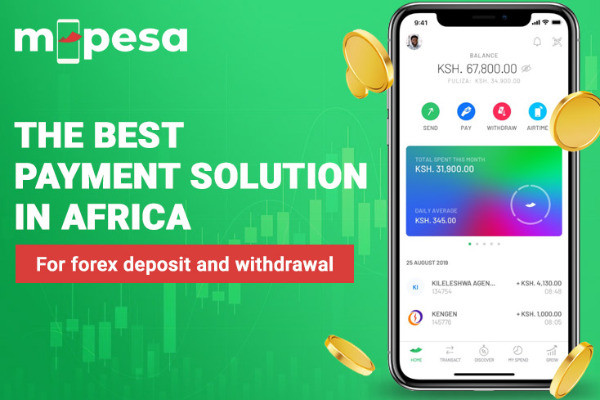

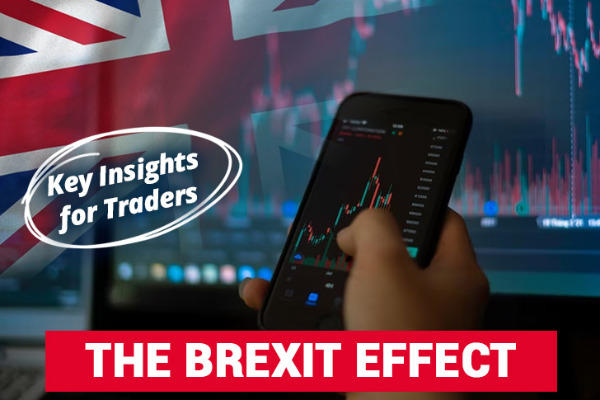
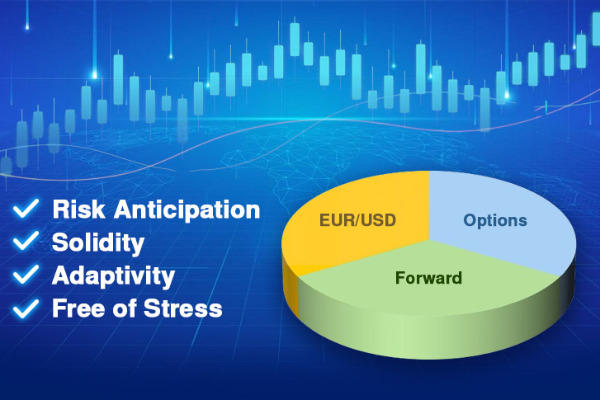
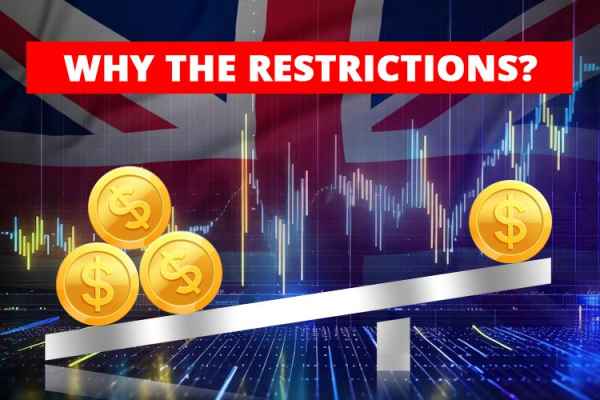
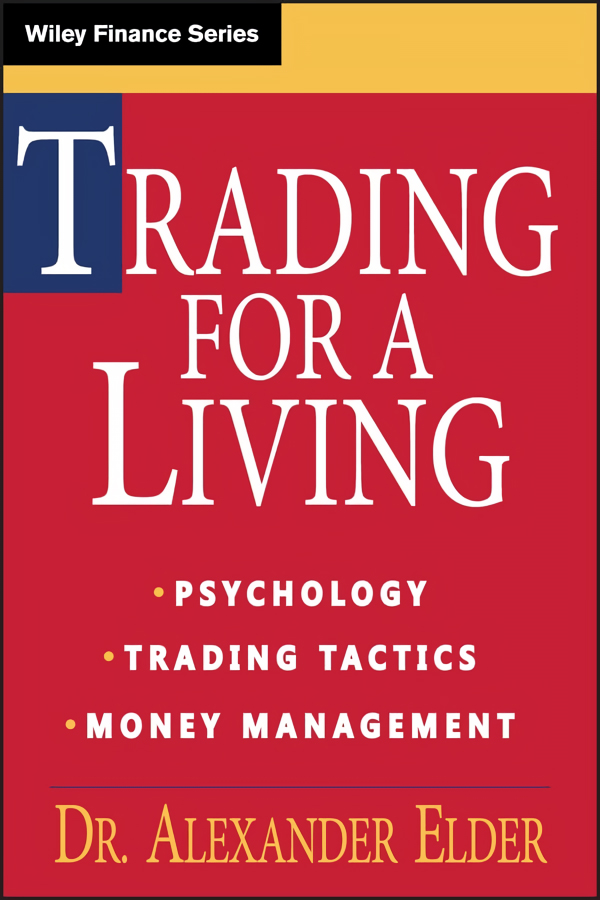
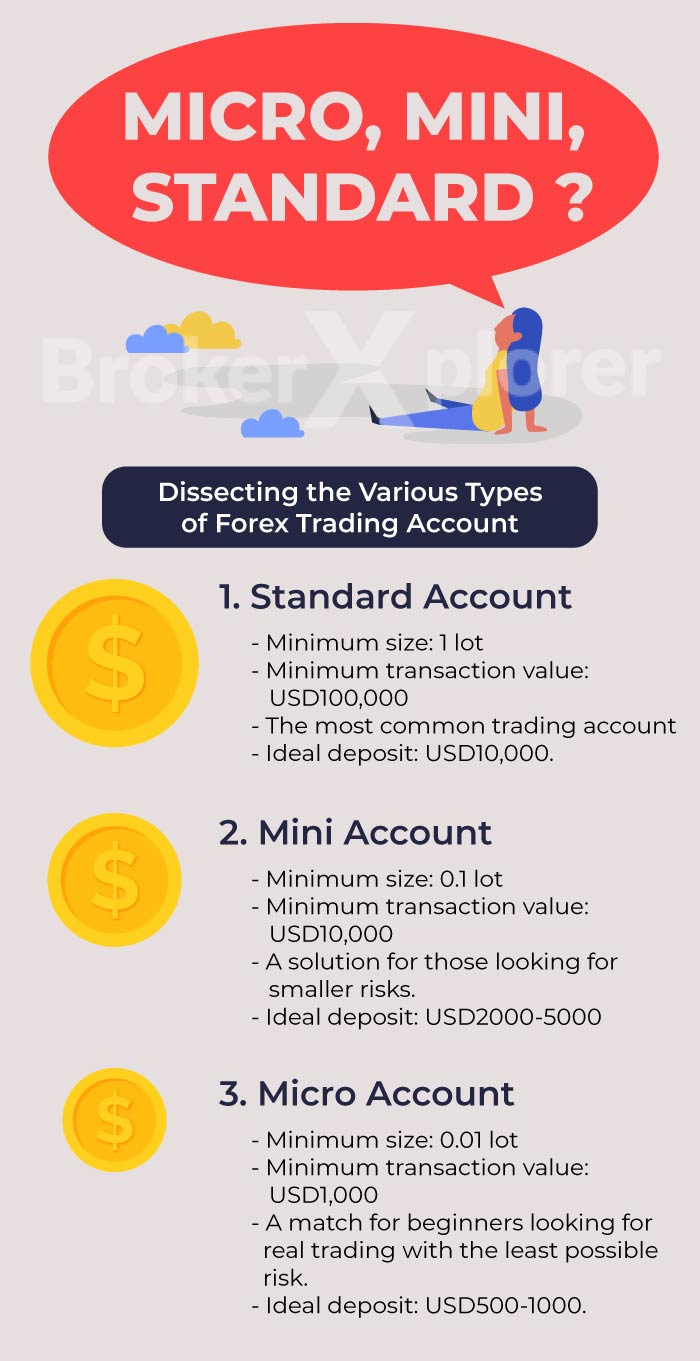

1 Comment
Alvin Silang
Sep 9 2022
Very well said, thanks a lot for sharing.